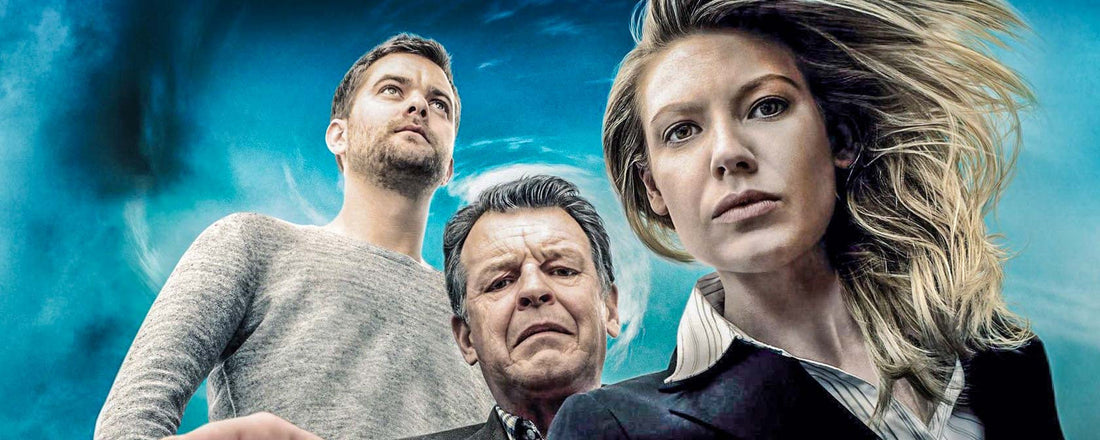
The Enduring Legacy of J. J. Abrams' Fringe: A Sci-Fi Drama Like No Other
Share
First, listen to this while you read
A white tulip represents forgiveness, love, and remembrance. I only wish that, in the final seconds before the screen faded to black, Peter Bishop—played by Joshua Jackson (The Mighty Ducks, The Skulls, Dawson’s Creek)—had reflected that expression of remembrance. It would have made all the difference in the finale of J.J. Abrams’ sci-fi drama Fringe. I finished the series today. More than a decade after it ended. And still, Fringe is one of the best television series I’ve seen.
I like procedural crime dramas. And the added component of “What the f*** is that?” gave this spawn of CSI and The X-Files the push it needed to linger long after time reset, even if Jackson couldn’t. What made Fringe great wasn’t just its procedural structure, though that helped. It was something harder to create. Something most shows sorely lack. Relationships.
Across five seasons, Fringe built connections between its characters that felt raw and believable. Jackson, the awe-inspiring Anna Torv, John Noble, Jasika Nicole, Blair Brown, Michael Cerveris, Seth Gabel, Lance Reddick. Their ensemble chemistry is among the most emotionally resonant I’ve seen on screen. And they did it twice, across two universes.
The mirrored universe added depth and dimension. It expanded the perspective for the characters and the audience. But midway through season three, the concept began to feel contrived. A few episodes dragged. The writing and direction faltered. It was enough for me to take a several-month break.
The first two seasons consumed me. Even with work, I watch an episode or two (or three) a day. Season three took longer. I drifted briefly—long enough to get through The Mentalist. But when I picked Fringe back up halfway through the season, I was hooked again. I finished the series in less than a week. The final episode—Season Five, Episode 13—was heartfelt. I had to let go of relationships that had come to feel real. Not many shows have introduced an ensemble like that for me, especially after only five seasons.
And then there’s the music. Music in Fringe was a character in itself. A companion to Walter (John Noble), enhancing his emotional capacity and adding depth to the series in ways that are hard to articulate. Music is universal, but threading it well into a show like Fringe is rare. Here, it was done expertly. It gave Walter—and the series—a sincerity that’s difficult to capture on screen, especially in a show with such a relatively short run time.
I’m clearly in awe of this series.
Fringe is a masterfully crafted sci-fi drama that leaves you contemplating the boundaries of reality and the power of human connection. Despite minor missteps in season three, its character development, intricate plotlines, and emotional resonance make it essential viewing for anyone who loves thought-provoking television.